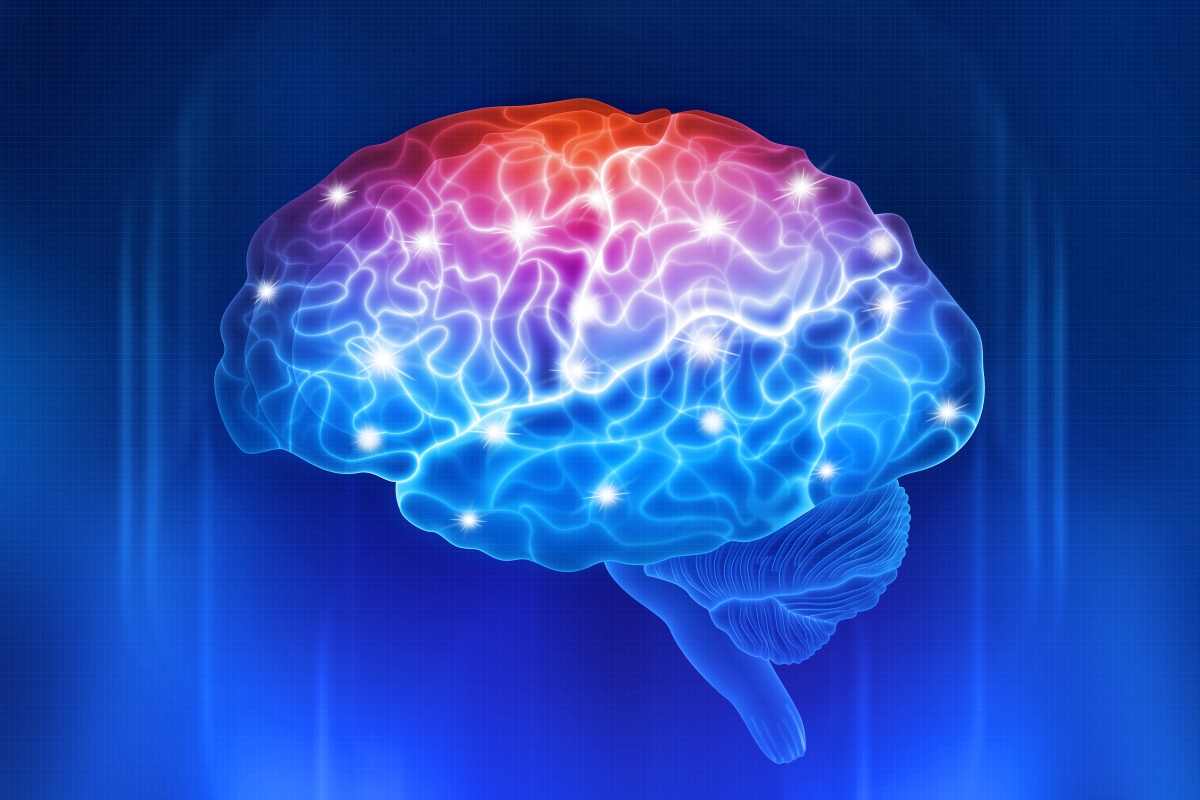Octopamine integrates the status of internal energy supply into the formation of food-related memories
Our brains regulate food intake depending on the availability of food and internal energy needs. However, Berger et al. (2024) sought to find out whether internal energy storage impacts the type of memory formed. In this study, the authors demonstrated that the length of starvation determines whether Drosophila melanogaster develops short-term appetitive memories or more enduring intermediate memories. Internal glycogen reserves in muscles and adipose tissue affect how strongly sucrose-related information is encoded. Insulin-like signaling in octopaminergic reward neurons incorporates internal energy levels into memory formation. Octopamine (an invertebrate neurotransmitter similar to noradrenaline), however, inhibits the development of long-term memories. Short-term memory formation does not depend on octopamine, as octopamine-deficient mutants can form short-term appetitive memories related to sucrose and other nutrients based on their internal energy levels. The reduced reinforcing effect of sucrose when internal glycogen levels are high, along with the enhanced stability of food-related memories from extended starvation, may contribute to increased food consumption. [NPID: Starvation, memory, Drosophila melanogaster, octopamine, short-term memory, long-term memory, insulin-like signaling, food intake]
Year: 2024
 Navigation
Navigation






